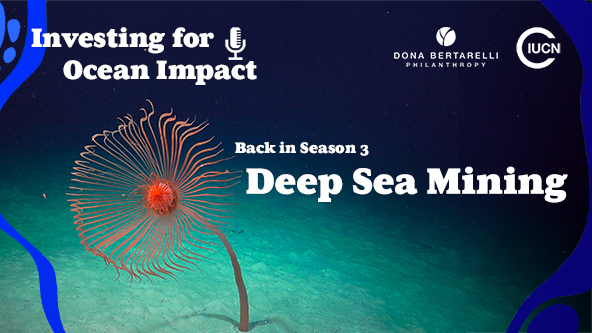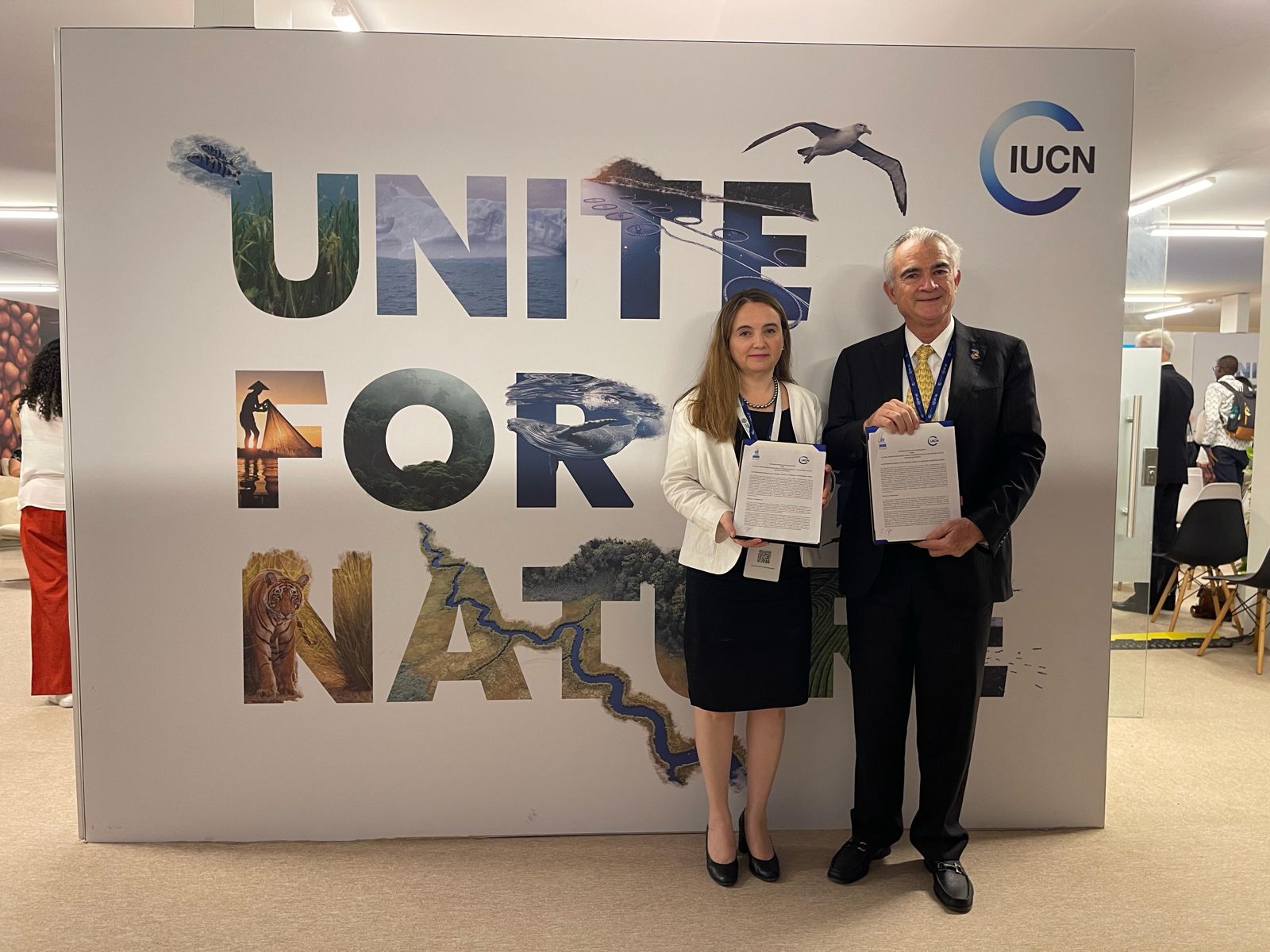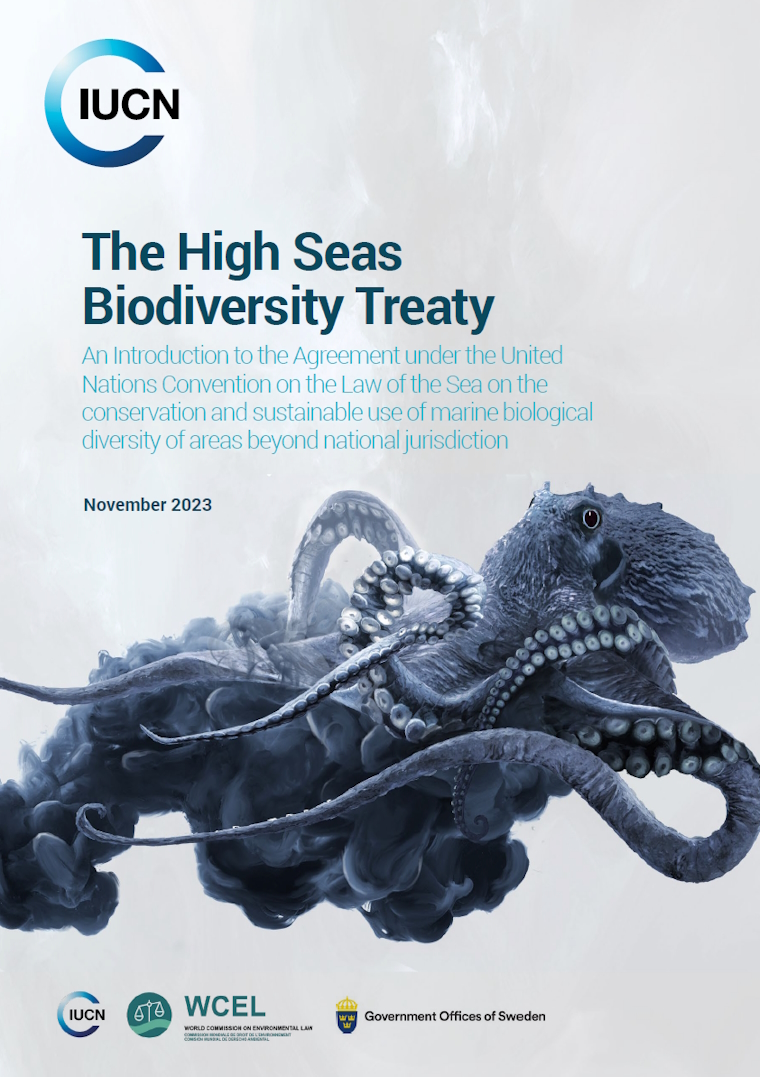Story: Ecosystem-based Adaptation and the successful implementation and achievement of the Sustainable Development Goals
Climate change is here. For people and society, adaptation to climate change means not only adapting infrastructure, but adjusting behaviour, such as how we choose to live, how we manage our food and health systems, the way we plan our cities, and how we protect, conserve and utilize our natural resources. Ecosystem-based adaptation is a strategy that harnesses biodiversity and ecosystem services to build resilience of human communities and societies to the impacts of climate change.
The 2030 Agenda for Sustainable Development provides a shared blueprint for peace and prosperity for people and the planet, now and into the future. At its heart are the 17 Sustainable Development Goals (SDGs), which represent an urgent call for action by all countries – both developed and developing – in global partnership. The SDGs are indivisible and interdependent, with each supporting the overall vision of the 2030 Agenda to ensure that the planet continues to support the needs of the present and future generations such that their potential in dignity, equality and in a healthy environment is fulfilled. Collectively, the SDGs aim to address global challenges such as poverty, inequality, climate change, environmental degradation, peace and justice.
At the nexus of sustainable development, human rights, climate action, and nature conservation, EbA recognises the symbiotic connections between people and ecosystems. By creating more resilient populations, such approaches can have far-reaching benefits in improving the capacity of humans to withstand not only climate hazards, but also economic shocks and stressors. These nature-based climate solutions have an interconnected role across sustainable development goals – from health, water and nutrition to clean energy, sustainable infrastructure, and equality – with incredible potential to drive progress across the SDGs while building more equitable and resilient societies.
With an emphasis on inclusion and participatory process, the success of the SDGs inherently requires local communities, women and men, youth and elderly, and marginalized groups to engage and supply their knowledge to design and implement strategies. Inclusive participation is critical to designing and implementing EbA that contributes to climate justice and equity within and between communities.
Building on this existing knowledge, the EbA and SDGs Working Group of the Friends of EbA (FEBA), coordinated by SwedBio and the International Union for Conservation of Nature (IUCN), recently published a technical report: ‘Ecosystem-based Adaptation and the successful implementation and achievement of the Sustainable Development Goals’. The report dives into the connections between EbA and each of the 17 SDGs, with each of the 17 sections addressing threats posed by climate change, ecosystem degradation, and/or biodiversity loss, including how these impede the achievement of a given SDG. Each section subsequently provides an overview of how an effectively implemented EbA approach can underpin successful achievement of a given SDG. The full bibliography provides context and information for expanding this knowledge base.
The technical report ‘Ecosystem-based Adaptation and the successful implementation and achievement of the Sustainable Development Goals’ is available here.
The first iteration was launched on the side lines of the UN High-Level Political Forum (HLPF) on Sustainable Development, an event that focuses on the successful implementation of the SDGs (more on IUCN @ HLPF 2022), and will be re-launched with an executive summary, case study annex, and further refining in Q3 or Q4 of 2022. If your organisation would like to endorse this report in its later iteration, please reach out to Emily Goodwin, Annika Min, and Amber Bjerre.
About Friends of EbA (FEBA): FEBA is a global collaborative network of 98 agencies and organisations involved in Ecosystem-based Adaptation (EbA) working jointly to share experiences and knowledge, to improve the implementation of EbA activities on the ground, and to raise awareness and understanding of nature-based solutions in adaptation planning processes and multilateral policy frameworks. FEBA convenes the global adaptation community around expert working groups, technical workshops, and high-level events. The CBD COP recognizes FEBA as a key partner “to support Parties in their efforts to promote ecosystem-based approaches to climate change adaptation” (Decision 14/5).
This report on synergies between Ecosystem-based Adaptation and the Sustainable Development Goals benefitted from the vast knowledge and valuable resources provided by experts on nature-based solutions, sustainable development, ecosystem management, and climate change adaptation from across the world. This work has been made possible by the financial support of the German Federal Ministry for the Environment, Nature Conservation and Nuclear Safety (BMU) and the Swedish Development Aid Authority (Sida).



